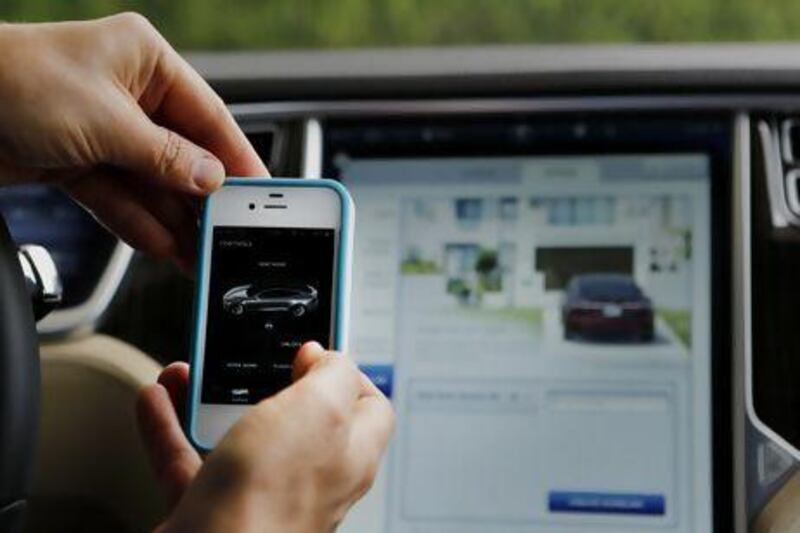You know us dinosaurs who keep harping on about how unnecessarily complicated and computer-dependent cars have become, with all their electronic "safety" systems that totally alienate the driver (otherwise known as the person who used to be in charge)? Turns out that we might have a point.
ECUs (electronic control units) have been around for three decades now, and fuel-injected cars - as opposed to carburettor-fed engines - always used to have one, maybe two, secreted away in either the passenger footwell or the boot space. These monitored engine loads, rev speeds and other pieces of information, and administered a fairly accurate dose of fuel into the cylinder heads, making sure that any unused petrol was sent back to the tank. I remember thinking, not that long ago, that it was cutting-edge stuff.
Nowadays even "simple" cars are fitted with more than 30 individual computers, and these do far more than ensure the most efficient use of your car's fuel. Computers recognise you as the owner, and allow you to start your car. They're used to modulate braking pressure, tell you how fast you're going and what distance you can cover before having to stop for more fuel. They guide us using satellite signals, they tell us what music we're listening to and they memorise our favourite seating position, even adjusting the mirrors and seat bolsters when they know it's us back in the driving seat. They even slam on the brakes if they think that you're getting too close to the car in front and, if legislation allowed, they'd relieve you of every single possible responsibility - steering you, driving you, finding a parking space and manoeuvring the car into it for you. As far as cars are concerned these days, we're irrelevant.
This is irksome in the extreme for those of us with a deep distrust of non-mechanical interactivity. I distrust fly-by-wire steering, brakes and throttle systems, preferring to know for a certainty (because I've operated it and can feel the components working) that my inputs are being obeyed by a car that doesn't think it knows better than me.
Now, the point that I made earlier. It relates to a video clip that I recently viewed on YouTube, of a Forbes reporter in the US, who allowed two online security experts to hack into the computers of the Toyota Prius he was driving. These guys ripped apart the car's dashboard to access certain systems, so it was visually obvious that something was amiss, but they managed to control the car's instrumentation via a laptop, giving false read-outs for speed and fuel levels. More worryingly, they were able to operate the horn, the brakes, the accelerator and the steering. The driver was relieved of all control.
The possible ramifications are terrifying. While the clip showed three curious guys having a laugh about this stuff in the name of research and entertainment, imagine if hardcore criminals or terrorists started commandeering our vehicles from remote locations - something that's evidently possible. It doesn't bear thinking about.
With Google and other tech giants making serious headway when it comes to car functionality and interconnectivity, ensuring that we're online when we're en route, the possible problems are enough to send me reeling back to the dark ages of motoring, when everything was a mechanical action, not electronic.
Owners of Tesla Model S electric cars are finding out that the smartphone apps that they use to check on their cars' status and perform certain menial tasks might not be as secure as they'd been promised, and even McLaren MP4-12Cs experienced major problems a year or so ago, because the computers didn't like the sequences of inputs that drivers were making, and the cars basically shut themselves down, needing a factory reboot.
Technology, internet connectivity and smartphone interactivity are good things. But there's a fine line that motorists should not have to cross, and it's getting harder to see.
khackett@thenational.ae
Follow us
[ @LifeNationalUAE ]
Follow us on Facebook for discussions, entertainment, reviews, wellness and news.






